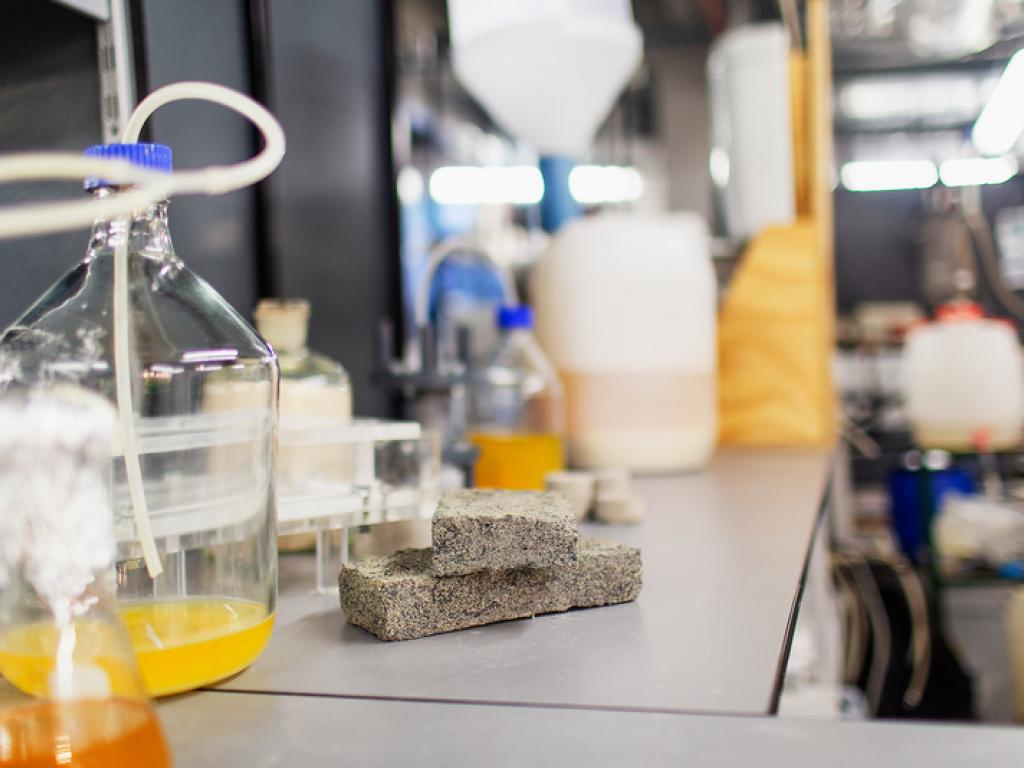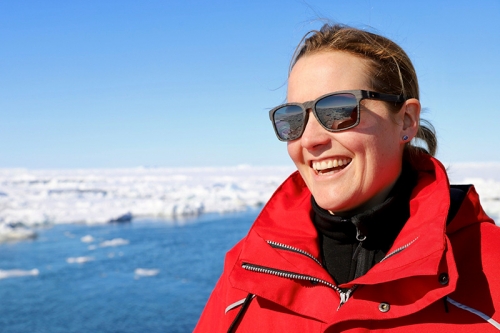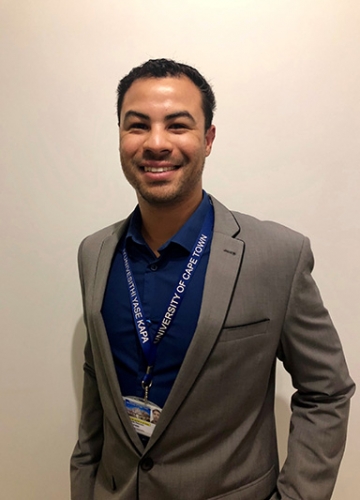Inaugural African fellowships for young UCT scholars

Seven young University of Cape Town (UCT) scholars are among the inaugural 2019 cohort of Future Leaders – African Independent Research (FLAIR) Fellows. FLAIR Fellowships are awarded to talented African early-career researchers who have the potential to become leaders in their fields.
The initiative is a partnership between the African Academy of Sciences (AAS) and The Royal Society, supported by the Global Challenges Research Fund.
Of the initial cohort of 21 fellows for 2019 fellows, 15 are South African, seven of whom are from UCT.
UCT’s new fellows are Dr Dyllon Randall of the Faculty of Engineering & the Built Environment; Dr Dorit Hockman, Dr Joseph Raimondo and Dr Justin Nono Komguep of the Faculty of Health Sciences; and Dr Chris Trisos, Dr Sarah Fawcett and Dr Wade Petersen of the Faculty of Science.
The fellowships give these young scholars an opportunity to build independent research careers in a sub-Saharan African institution. The proviso is that they undertake cutting-edge scientific research that addresses global challenges facing developing countries.
Each FLAIR Fellowship is awarded for two years initially, and offers up to £300 000 per year (about R5.56 million) alongside a programme of support to develop fellows as independent research leaders. This programme includes training and mentoring, opportunities to network, both regionally and with the United Kingdom, and to develop international collaborations.
They gathered in Naivasha near Nairobi this week, hosted by the AAS.
The UNESCO Science Report 2015 notes that although Africa is home to 15% of the world’s population and carries 25% of the global burden of disease, the continent produces only 2% of the world’s research output. A statement by the FLAIR partners notes that Africa currently has 198 researchers per million people, compared with 428 in Chile and over 4 000 in the UK and the United States. Africa also loses thousands of professionals every year to developed countries.
New analytical techniques for Africa

Dr Sarah Fawcett. Photo Supplied.
Fawcett’s project aims to identify and track the sources of pollution in rapidly urbanising coastal regions, using False Bay as a model.
“One outcome of this work is to develop fast and simple ways of communicating the state of the bay’s water quality to people who rely on it for ecosystem services,” she explained.
The analytical work will be carried out exclusively in the Department of Oceanography’s new Marine Biogeochemistry Laboratory, where novel and cutting-edge techniques for measuring nitrogen isotopes are about to be installed.
“The broader goal of my FLAIR project is thus to showcase a study of significant relevance to Africa that also pushes the frontiers of global knowledge, and that is conducted exclusively in an African laboratory using analytical techniques that are new to Africa.”
Designing new drug molecules

Dr Wade Petersen. Photo Supplied.
Petersen’s capacity for innovation began early in his career. He won the 2015 SASOL postgraduate medal at the South African Chemical Institute Awards, an honour reserved for young chemists whose work is characterised by innovation, independence and enterprise.
Petersen’s current research interests in the Department of Chemistry are focused on developing environmentally-friendly and sustainable protocols (specifically using light as a cheap and renewable energy source) for synthesising biologically-active molecules that can be used for designing new drug molecules. These are essential in the fight against malaria, tuberculosis and HIV, the main burdens of disease in Africa.
Story: Helen Swingler
